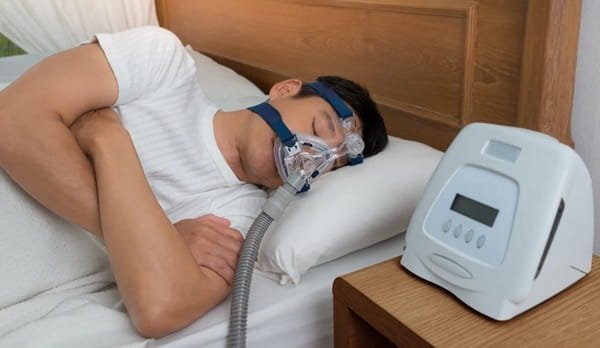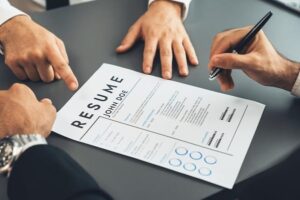No, it is not illegal to change CPAP Pressure right here in the United States, so you’re pretty much good to go with that. But the thing is, while doing so, you might put yourself at risk while sleeping, especially if you have severe respiratory issues during sleep. So, it is not actually advisable that you go on to change the CPAP pressure yourself; instead, always let the medical professionals do that.
What Is CPAP Pressure and Why Does It Matter?

In case a CPAP machine has been given to you as a prescription, it signifies that your physician wants to assist you in the treatment of your apnea in sleep. It is a disease in which the breath is interrupted repeatedly during sleep. The assistance by the CPAP machine is that a constant source of air is delivered into your respiratory tract, so that the air would flow in and not collapse because of the machine.
But this is the main thing: the air is not the same for all people. There is a parameter called pressure, which determines the strength of the airflow. If the pressure is low, the airway will not be maintained. Also, if the pressure is too high, you may experience a feeling of fullness, discomfort, or have some other symptoms. So, indeed, it is very important to correctly adjust the pressure.
Generally, the accurate pressure is confirmed by doctors once they have gone through the details of the sleep study. There are also instances where the technology, for example, APAP devices (Auto-adjusted CPAPs), can change pressure levels on the go while the patient is sleeping. However, the initial configuration by a healthcare worker is necessary for the safety of the patient.
Who’s Supposed to Set the CPAP Pressure?
To begin with, the pressure of your CPAP machine is not arbitrarily determined. A doctor or sleep expert will analyze your test results to decide the most suitable pressure. In order to establish the pressure, they consider the frequency of apnea episodes during your sleep, the position you slept in, your weight, and some other health indicators.
These machines are available in different types, too. Certain ones keep the pressure at the same level continuously through the night (standard CPAP), whereas others vary the pressure automatically according to your sleep (APAP). But the first time work or a doctor’s setting of the pressure is always something that a doctor has to decide. You are not supposed to make the changes yourself.
Is It Illegal to Change CPAP Pressure By Yourself?
Let’s get to the main question:
Is it illegal to change your own CPAP pressure? Short answer: No, it’s not illegal.
In the U.S., well, it is not prohibited by any law to modify the settings of your device after arriving at your home. Therefore, strictly speaking, you are free to access the settings and alter them without the fear of anyone coming to your home to stop you.
But here’s what you should really focus on: just because it’s not illegal doesn’t mean it’s a good idea.
Why You Shouldn’t Change the Pressure On Your Own
If you change your CPAP pressure without your doctor’s consent, it can result in major complications. In the case where the pressure is too low, the machine will be ineffective. Your sleep apnea will continue, and you will feel tired and not well-rested during the day.
If the pressure is too high, it can lead to:
- Air getting trapped in your stomach (bloating)
- Discomfort while breathing
- Dry mouth or nasal passages
- Difficulty falling or staying asleep













